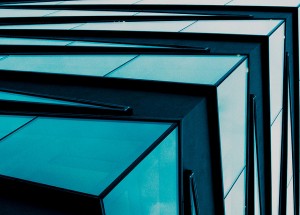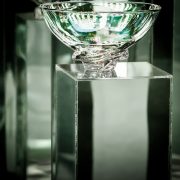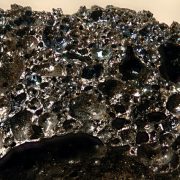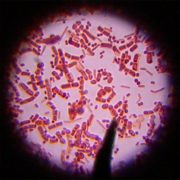Glass insulation and new technologies
Glass has been used in building windows for hundreds of years. Single pane windows were the standard for most of this time, but in the quest for better energy efficiency, double-pane and triple-pane windows have been brought to the market.
Research on glass insulation shows promise
Double pane windows have two sheets of glass with a single gap between them. The gap is often filled with an inert gas like argon, and tightly sealed. The gas increases the insulating value of the glass and helps reduce both energy costs and energy losses. Double-pane windows are readily available for both new construction and as replacement windows.
Under the assumption that two panes of glass are better than one, triple pane windows feature three panes of glass and two air gaps. As with double-pane windows, the gaps are filled with inert gas and tightly sealed to prevent leakage. Are triple-pane windows really better?
Triple-pane windows are heavier than their double-pane counterparts, but they’re about 20%-30% better insulators than their double-pane cousins. The weight of the window may not be of great concern, because once the window is installed, it’s weight isn’t really relevant. The added weight does increase the cost of transportation, however. The increased insulating value does have significant benefits. With regard to noise insulation, triple-pane glass doesn’t provide significantly better noise insulation that double pane glass does.
There is some industry research being conducted in Europe on the value of quadruple-pane glass windows. Quad-paned windows have four sheets of glass and three insulating spaces. Typically, the four sheets of glass have a single-sided anti-reflective coating, and the inner and outer panes are made of low-emissivity glass. These windows aren’t in production, but they’re being evaluated on a cost-benefit basis.
In addition to quadruple-pane glass windows, some research is being done on multi-pane thin glass that is vacuum sealed. The thin glass reduces the weight of the finished window, and the vacuum sealing helps improve the insulating value of the window. Building a thin-glass, vacuum sealed window is tricky, because the seals need to be robust enough to last over time. Experimental windows using vacuum-sealing haven’t proven to last very long, which makes them unlikely candidates for production.
Currently, triple-pane windows offer the best insulation properties of any window product on the market for residential applications. Glass with low-emissivity and anti-reflective coatings offers significant advantages in commercial applications.
One inexpensive option to reduce heat gain is glass paint. Glassprimer™ glass paint is designed to bond permanently with glass, and can help reduce solar heat gain, while still permitting light transmission. Glassprimer™ glass paint also offers superior UV resistance, so it won’t chip, fade or peel, even in direct sunlight.
If you’d like more information about Glassprimer™ glass paint, please visit the rest of our site. If you’d like to purchase Glassprimer™ glass paint, please visit our online store .
Photo Credit: Raul Lieberwirth , via Flickr.com





